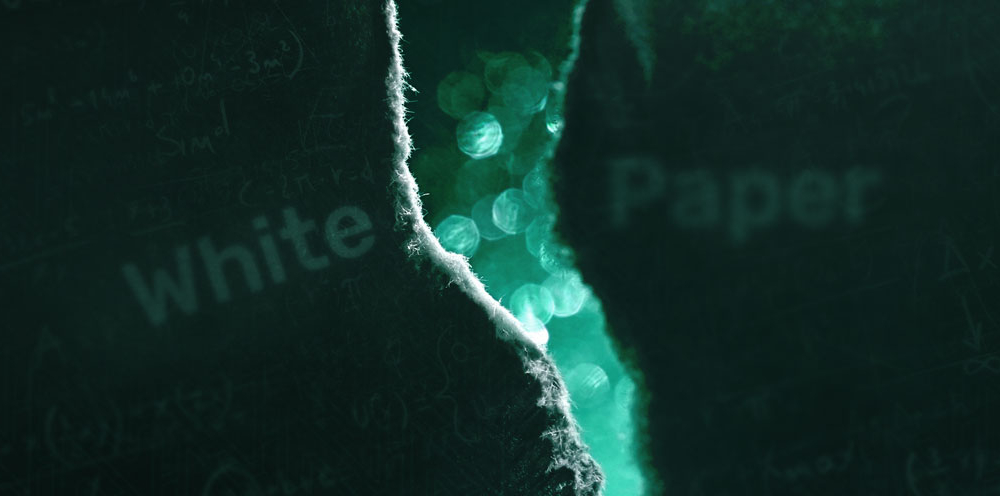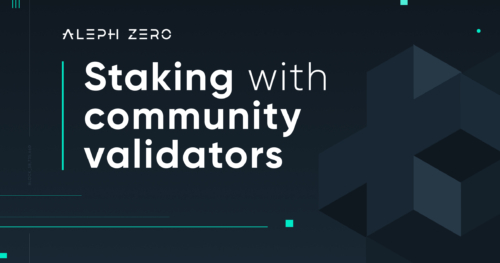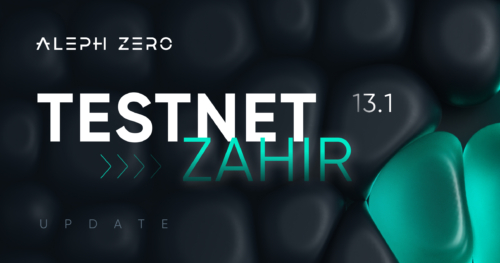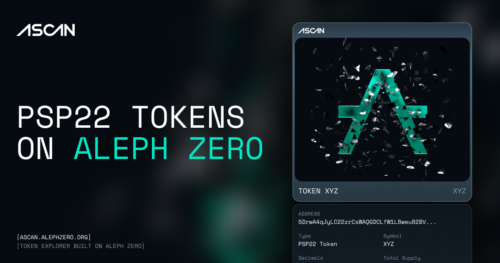Do Blockchain White Papers Really Mean Nothing?
Aug 21, 2019

On 18th July 2018, Wired published a story by Sophia Chen titled “Why You Can’t Trust More Cryptocurrency White Papers”. It describes the world of blockchain white papers, where — to put it mildly — many of them are not up to the general standards for published research.
Chen begins with the story of blockchain’s origins. The mysterious Satoshi Nakamoto published his or her concept of a distributed ledger on a cryptographic mailing list. No customary distribution, no peer review, just the concept. While it was scientific research, it didn’t follow the normal peer-review process for such a paper. It was open for public verification. And it turned out to be of proper quality — ten years later, the entire blockchain industry, or shall we say, community, is still growing extremely fast.
This led new projects to follow the path that Nakamoto took. New white papers have been appearing online without any formal peer review by academic and industry professionals. Some projects are considered scams, and some are written in a pseudo-technical language just to appear professional. Some projects may bring value, but one still has to verify every detail of the research.
Therefore, the question arises: Which crypto white papers are legitimate, and which ones are not? How do you determine legitimacy? Does one really have to spend days or weeks researching and verifying the claims made in each white paper? Is there a better way to validate these papers?
Science is as old as our civilization. It drives progress and leads the way to new grounds where others keep nurturing the innovation. Developing a new blockchain ecosystem is bound to a couple of scientific disciplines, such as computer science, distributed systems, information technology, mathematics, and cryptography. Therefore, to achieve maximum quality, Sophia Chen suggests incorporating peer review, which is required for any scientific paper before official publishing.
So there is an answer to our big question. How do we legitimize white papers and validate the information they contain? Peer review.
Gravity is Becoming Less Powerful!
To give you an example. Let’s say that a physicist claims gravity is becoming less powerful. That’s a hypothesis. To back it up, the physicist would carry out some experiments, measure the acceleration and terminal velocity of falling objects, and note his observations. If he’s like a typical blockchain researcher, he would then publish his research paper online, and newspaper headlines would scream about people becoming less heavy or being able to jump higher. Then, another scientist could take a closer look at his paper, and she could say, “No, you’ve used the wrong methodology. The hypothesis is not valid.”
However, the initial sensationalism and the recognition the physicist gained would not be lost.
To avoid this falsely founded propagation and publicity, many blockchain projects that claim they have invented something new, should first turn to a group of experts from various, relevant fields for review and external validation of the concept.
Technically, there are two ways to verify scientific research. One is following the research process to achieve the same results by independent experts. The other one is peer review (which, depending on the reviewer, may include running experiments in an independent fashion).
Peer Review in Blockchain
We — as Aleph Zero — are on the same page as Sophia Chen in her Wired article. A peer review is a quality assurance. However, it also needs to be done in a way that can be trusted.
Thankfully, the process is so old that methods have been developed to ensure it adds value and maintains unbiased standards.
For example, if the authors know the review committee or are related to it, the review might be affected by that relationship. Therefore, the review can be half-anonymous — meaning the author knows the reviewers but they don’t know the author. It can also be fully anonymous so neither the author nor the reviewers know who each other are. Most likely, the only thing the author knows is that the reviewers are true experts, as they are selected by editors, associate editors, or program committees who can validate their expertise in their respective fields.
The works submitted have to follow certain rules, out of which two might be the most important:
- Authors need to be clear about citing other research, and
- Authors should transparently state the possibility of conflicts of interest
Alejandro Hevia, a computer science professor at the University of Chile, states in Chen’s Wired article that most projects are too eager to say they have invented something brand new. Chris Wilmer of the University of Pittsburgh adds that they are also not transparent enough when it comes to conflicts of interest. And in general, according to the article, blockchain researchers are too often selling and developing their ideas at the same time.
What Makes a White Paper Trustworthy?
How can you tell if a new project is worth your time or money? Look at the white paper; it’s the vision of the product that all projects can share when they start.
Out of thousands of projects in the space, only a few follow the scientific approach with their research. It’s hard to keep track of all the projects, but we have found Cardano, Algorand, and Thundercore stand out with peer-reviewed papers. There are projects with strong academic backgrounds as well, such as Conflux, Elixxer, Avalanche, or IOTA, but they seem to follow the path of publishing to ArXiV which–while commendable–is not the same as research that has gone through the peer-review process.
Publishing a paper for open verification is much more popular within the community. Some projects are similar and compete to be “the first”. That’s why they publish first to ArXiV and subsequently start looking for a conference or journal to perform the peer review.
But how can an average person, without formal training, understand all these papers?
If you are looking to join a new community, no one expects you to study mathematics or cryptography to learn the nuances and be able to verify the assumptions and ideas. You can, however, do your own research on how the project has been reviewed, and determine whether the research is actually an advancement in the industry or just an empty claim.
To begin with, you must know that the odds are not in favor of the projects. Ledger, a peer-reviewed academic journal on cryptocurrencies and blockchains receives two to four submissions every week. And most of them don’t pass the review.
Ledger is just one example. There are various organizations that can handle a peer review process. The first thing to consider is an organization’s committee — it should be large enough to reduce the level of a single person’s influence. You can also do a background check on LinkedIn for the authors and the committee members (if they are known). This way, you can see for yourself if there is potential for a conflict of interest.
The white paper itself says a lot, as well — if it lacks references to other publishings, it doesn’t hold itself up to scientific standards. This doesn’t mean the ideas won’t work or that the authors are dishonest, but they may be hiding the parts which could have been “inspired” by others. Even if the work is entirely independent without outside influences, not citing references that did similar work can be seen as a failure of the authors, as it appears they did not perform proper due diligence about the work already existing in the space.
Peer Review Matters
Some might say that peer review reduces the speed of getting an innovation launched on the market. At Aleph Zero, we don’t believe this is a reason to eschew the peer review process — peer reviewed research is a necessary ingredient for assuring that the initial idea is valid and can move to the next phase. From a business perspective, one could say that it actually reduces the cost. If we’re developing a bleeding-edge technology, we need to make sure that the concept we’ve been developing for over a year is bulletproof. It wouldn’t be responsible to build on top of an idea that has not been validated.
Aleph Zero protocol has been peer-reviewed and selected for publication in the proceedings of the Advances in Financial Technologies (AFT) 2019. It’s one of the top academic conferences in the distributed ledger space: the committee consists of 20 members from MIT, ETH Zurich, Cornell University, and VMWare Research, among others.
We do not hold any conflict of interest with any of the committee members.
Out of more than 60 submissions, only 16 have been accepted to be presented at the conference.
There is an incredible value in that. The committee members pointed out areas in which we can improve to create state-of-the-art distributed ledger technology. As you’re reading this, our research team is using the committee members’ guidance to implement recommended changes.
You can expect that we will constantly improve and refine our paper and protocol.
We Are Where You Are
No, not in a creepy “the NSA is monitoring you” sort-of way! For your convenience, we are present on most of the platforms you might use.
So choose your preferred channel and watch us travel the road to create the ultimate blockchain for general use!


